Educational Leadership and Quality
New Study: Understanding TN district-led turnaround effort in iZone
For the past three years a team of researchers, led by Joshua Glazer (George Washington University Graduate School of Education and Human Development), examined Shelby County's iZone district-led effort to dramatically improve, or "turn around," 23 of the lowest performing schools in Tennessee.
District-led School Turnaround: Aiming for Ambitious and Equitable Instruction in Shelby County’s iZone
The Shelby County iZone is a district-led effort to dramatically improve, or “turn around,” 23 of the lowest performing schools in Tennessee in the 15th largest district in the country. Despite circumstances that have proved insurmountable to many past reform efforts, iZone schools have made significant gains in performance in both math and English language arts (ELA).
Engaging in Distributed Leadership
School leadership is broadly acknowledged to be vital to improving outcomes for schools and students. Yet, amongst the countless demands that educational leaders face, making wise choices to pressing issues have become increasingly more complex.
A new CPRE report reveals strategies to help leaders tackle their toughest issues.
Meaningful & Sustainable School Improvement with Distributed Leadership
School leadership is broadly acknowledged to be the lynchpin for school success. Yet, amongst the countless demands that school leaders face, making wise leadership choices is increasingly challenging. On what should leaders focus their attention and how should they prioritize their improvement efforts?
Typology of Teacher Leadership Programs | A Scan of U.S. Programs & Initiatives that Support Teachers to Take New and Varied Roles
Education leaders are perennially seeking new ways to build the capacity of teachers to enhance learning experiences for all students. Teacher leadership, which we define as teachers’ support of the improvement of teaching and learning beyond their own classroom, has long been a source of interest and experimentation (Wenner & Campbell, 2017; York-Barr & Duke, 2004).
Jal Mehta
Jal Mehta is a professor at the Harvard Graduate School of Education. His research explores the role of different forms of knowledge in tackling major social and political problems, particularly problems of human improvement. He has also written extensively on what it would take to improve American education, with a particular focus on the professionalization of teaching.
Amanda Datnow
Amanda Datnow is a Professor in the Department of Education Studies and Associate Dean of the Division of Social Sciences at the University of California, San Diego. Her research focuses on educational reform and policy, particularly with regard to issues of equity and the professional lives of educators. Over the past decade, she has conducted numerous studies examining the use of da
Dr. John B. Diamond
John B. Diamond is the Kellner Family Distinguished Chair in Urban Education and Professor of Education in ELPA and a faculty affiliate in Afro-American Studies and Educational Policy Studies. A sociologist of education, he studies the relationship between social inequality and educational opportunity. More specifically, he examines how educational leadership, policies, and practices shape students' educational opportunities and outcomes.
Peter Goff
Peter Goff is an assistant professor at the University of Wisconsin-Madison in the department of Educational Leadership and Policy Analysis, where he teaches classes on quantitative analysis, research methods, and K-12 finance policy. Dr. Goff’s research examines the policies and practices surrounding the strategic management of human capital (SMHC).
Donald J. Peurach
Donald J. Peurach’s research, teaching, and outreach focus on the production, use, and management of knowledge in practice, among social innovators and those they seek to serve. Peurach examines these issues in the context of large-scale educational improvement initiatives in public school districts and in school improvement networks — focusing specifically on how districts and networks continuously learn and improve over time.



